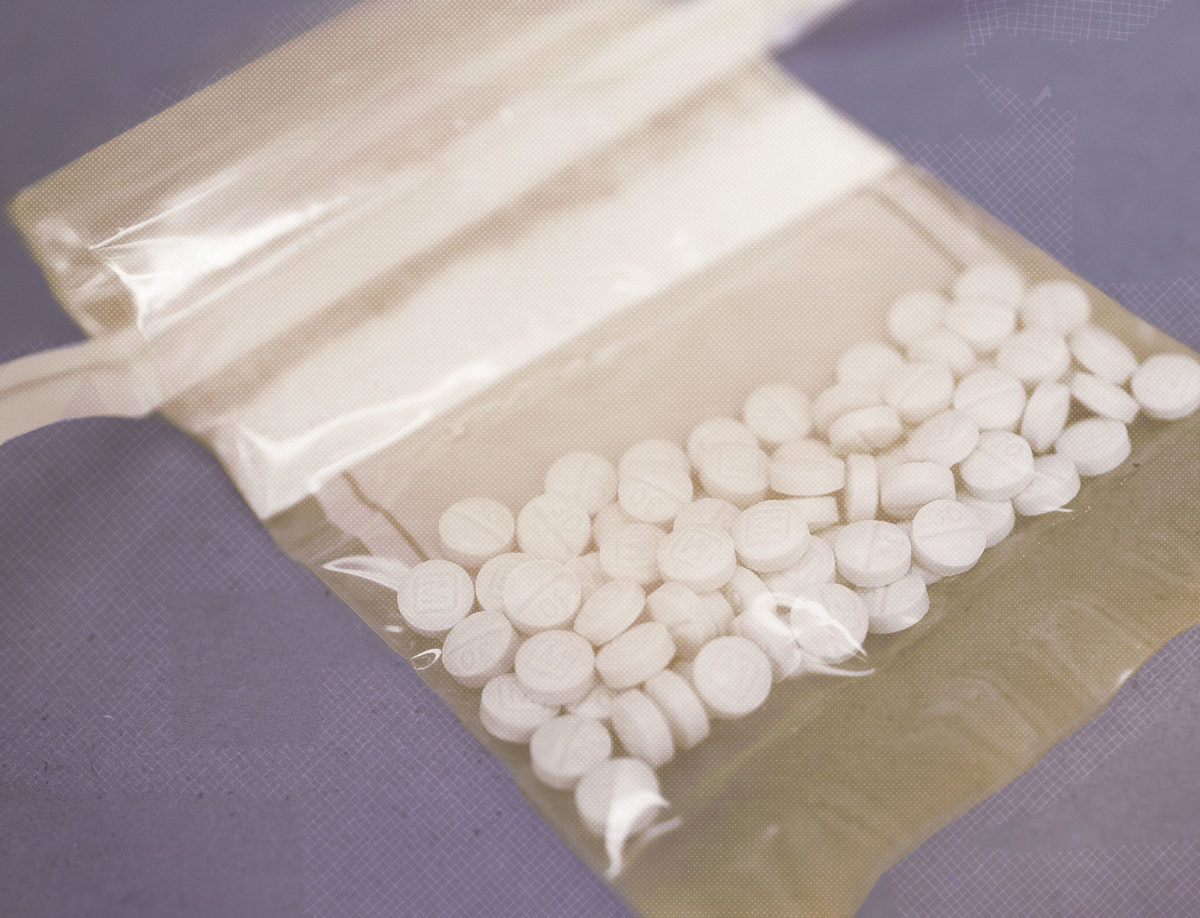A Public Health Focus On Coronavirus Shouldn’t Sideline Overdose Prevention Efforts
Recent successes in stemming the opioid crisis could be reversed if public health budgets are cut or the crisis is seen as secondary to the pandemic.

This piece is a commentary, part of The Appeal’s collection of opinion and analysis.
Since the U.S. started experiencing an exponential rise in the number of COVID-19 cases, attention from the public and public health experts alike has focused almost entirely on the pandemic. That’s understandable given the stakes involved, but focusing on COVID-19 without considering its intersection with the overdose crisis will prove to be dangerous and detrimental.
According to data recently released by the Centers for Disease Control and Prevention, opioid overdose deaths decreased by 2 percent between 2017 and 2018, but deaths caused by synthetic opioids, like fentanyl, increased by 10 percent. COVID-19 could worsen this trend. Key prevention strategies—use with someone else, call 911 in the event of an overdose, and carry naloxone—may become much more difficult during this pandemic. Guidance allows for those who are medically stable to take 28 days worth of methadone home, but people who do not have that option have to wait in lines for methadone that have increased dramatically because of social distancing orders, thus putting people at risk for COVID-19 exposure.
If cities and states are placed on total lockdown, people may not be able to access friends or loved ones who normally use drugs. As a result, more people who use drugs may use alone without someone present to administer naloxone or call for medical help in the event of an overdose. If penalties are instituted for breaking quarantines, which has happened in both Australia and in parts of the U.S., people who use drugs may face over-policing for seeking social support or harm reduction services. Trusted social networks—which are incredibly important to the safety of people who use drugs—might also fray during the COVID-19 pandemic. Research has found that many people who use drugs place trust in their dealers as a means to understand risks associated with drug use. And disruptions in access to drugs may also lead to drops in tolerance, which greatly increase a person’s overdose risk. Similarly, if methadone clinics shut down or people lose access to treatment, they will be at an elevated risk for overdose.
COVID-19 could hamper state and local emergency responses to overdose. Evidence already shows that EMS workers have been reluctant to respond to overdoses due to entrenched stigma and irrational fears surrounding coming into contact with fentanyl. During the pandemic, EMS could become so overburdened by coronavirus cases that they may not even have capacity to respond to an overdose.
It may be too soon to know how COVID-19 and changes to global supply chains might impact the manufacturing and distribution of naloxone, but it could become increasingly difficult to get the opioid reversal medication to those who need it most. For now, harm reduction organizations are continuing to distribute essential supplies to their clients while trying to keep themselves and their clients safe. However, in the event of even tighter social distancing efforts, funding cuts, or decreased access to personal protective equipment, harm reduction organizations will be limited in what they can do for their clients, despite being best situated to protect and meet the needs of people who use drugs.
We all have a responsibility to think about ways to mitigate exacerbating the overdose crisis. We must ensure that hospitals have the capacity to provide care to those who need it most. In Italy, hospitals are completely overwhelmed, which has forced doctors to make dramatic decisions about how to allocate health care. Now that this has become a reality in the U.S., people who experience an overdose may not be able to access the care they need and deserve.
We need to fully support harm reduction organizations. Departments of health should ensure that harm reduction workers have access to personal protective equipment so that they can continue their life-saving work. Although federal, state and county-level budgets will be greatly stressed by a growing economic crisis, they should ensure that funding for overdose prevention efforts continue. Declines in overdose fatalities occurred because we have funded programs that work. Cuts in funding will decrease the capacity to prevent overdoses in a time when people who use drugs are extremely vulnerable.
COVID-19 is creating profound economic and social disruption, but we cannot forget about the ongoing overdose crisis. Now is the time to double down on supporting organizations and overdose prevention measures that we know work.
Jacqueline Goldman is a recent graduate and research assistant at the Brown University School of Public Health. Brandon Marshall is an associate professor of epidemiology at the school.
